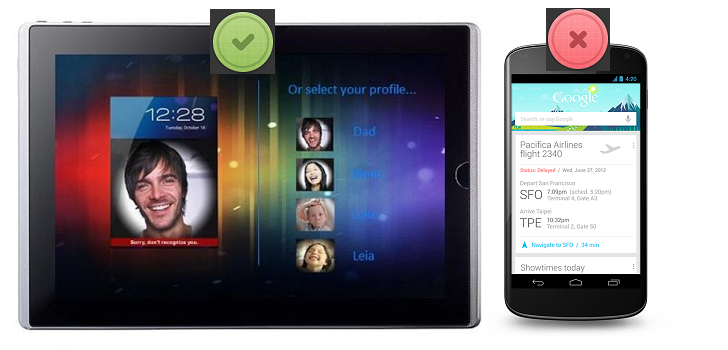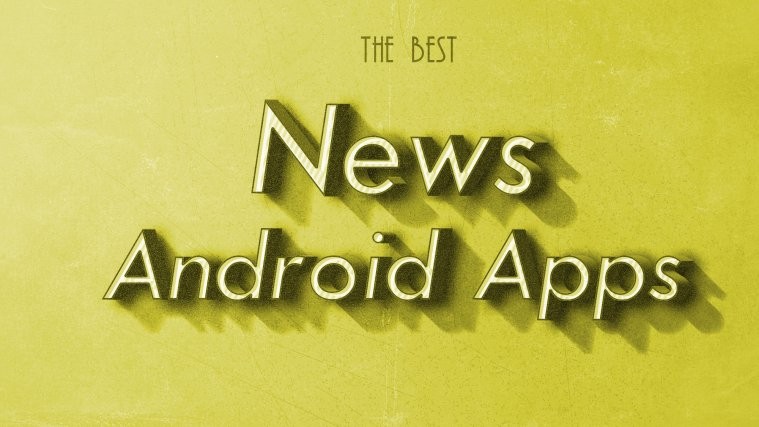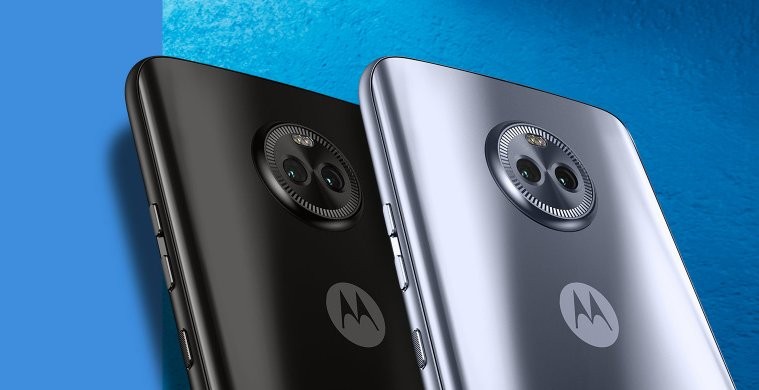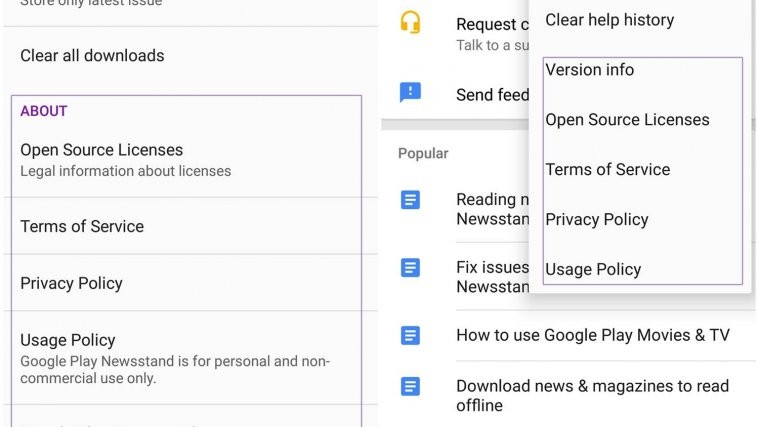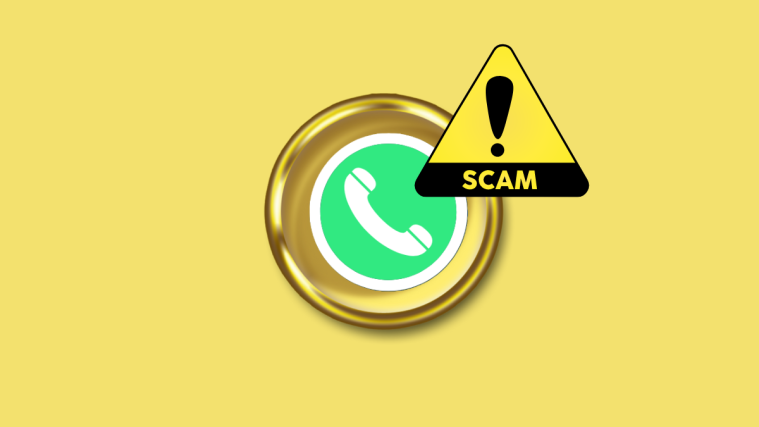Android 4.2 – the latest flavor of Jelly Bean is making its debut on the latest flavor/s of the Nexus brand – the Nexus 4 and the Nexus 10. Though it retains the Jelly Bean moniker, it brings a lot of new features and functionality into play on compatible devices, including the really exciting and useful Multi-user support. Multi-user support means that just like on your computer, different users will be able to login and use the device, and can have his own customized homescreen layout, wallpaper, preferred widgets, apps and games. The system will even store individual game save data or high score data separately for each user.
One small catch though – Multi-user will only be supported on tablets, and not on smartphones, even though they share the same OS- Android 4.2. Why this injustice, one may ask. Why should it be fine to share a tablet, but not a phone? What if there is a single phone in a household (extremely unlikely these days) and needs to be shared between different members? All valid arguments, but unfortunately Google doesn’t seem to think so and it’s official Android 4.2 features page just says Only For Tablets against the Multi-user feature.
While it is still unclear why this is the case, there seems to be an educated speculation doing the rounds that Finnish handset manufacturer Nokia, could be responsible for this. Apparently back in 2005, Nokia via its relationship with Symbian back then, had filed a patent where they made multiple user support on phones an exclusive Nokia feature. Here’s an extract from Nokia’s patent filing, which clarifies the use-case Nokia had in mind for the multiple user feature-
The present invention therefore moves away from the established assumption that a mobile telephone is personal to a single end-user and instead readily allows the mobile telephone to be used by several end-users through appropriate on-screen prompts. Such a device may be especially relevant to communities where few individuals can afford the cost of their own personal telephone. More generally, it is useful for any entity to whom there are benefits from being able to easily share mobile telephones across multiple end-users (e.g. large corporation may have a pool of such mobile telephones; any employee can then simply pick up one of these telephones and be able to use it like a personal device).
It would appear that Nokia might have had emerging markets in mind while talking about this feature in mobile phones, while Google is approaching the objective behind the feature differently. But the fact that Nokia is already holding the patent for multiple user switching on a mobile phone, might possibly be the reason Google is letting only tablets through the door.
Do you think multiple-user support would be useful on phones? We’d love to hear your thoughts.

